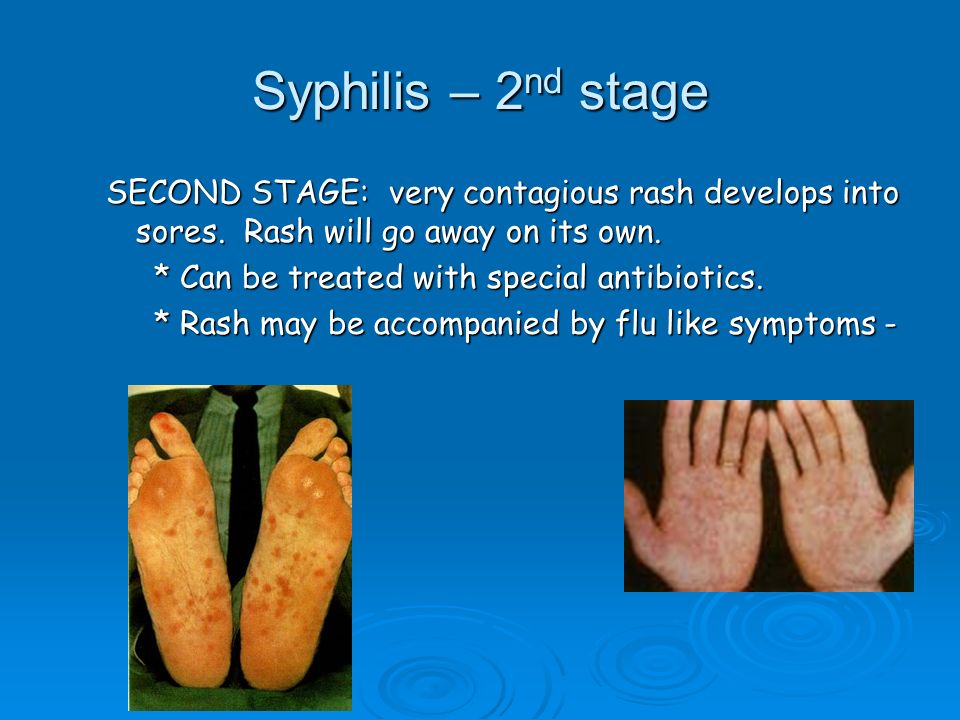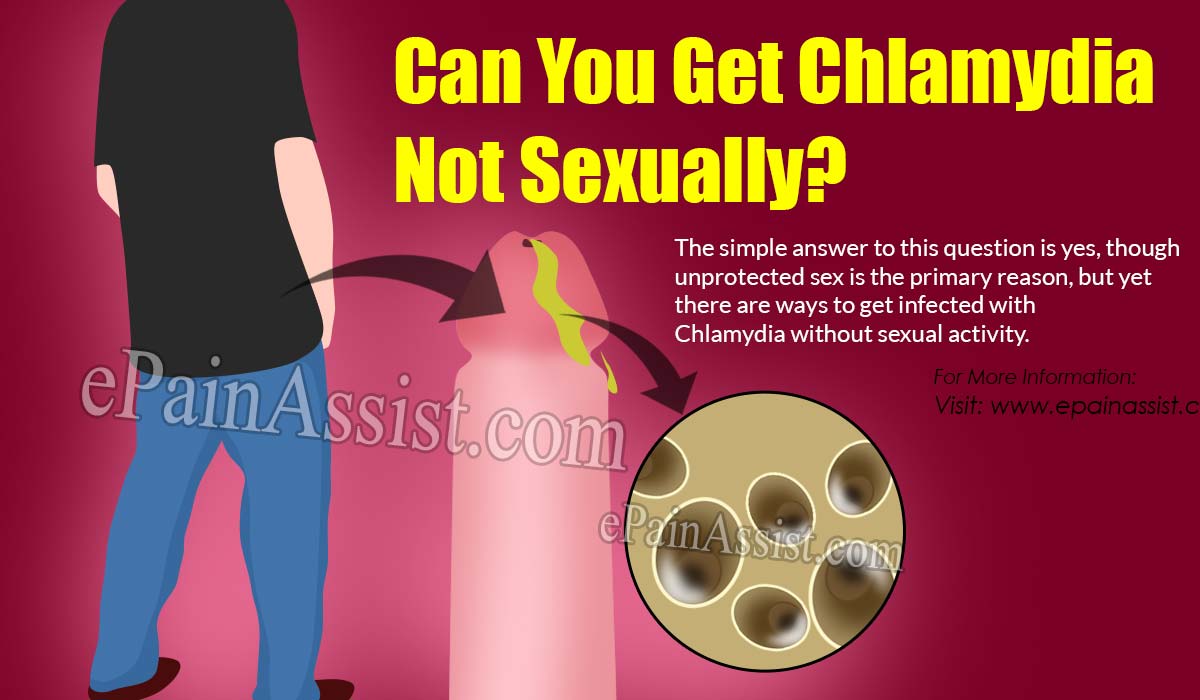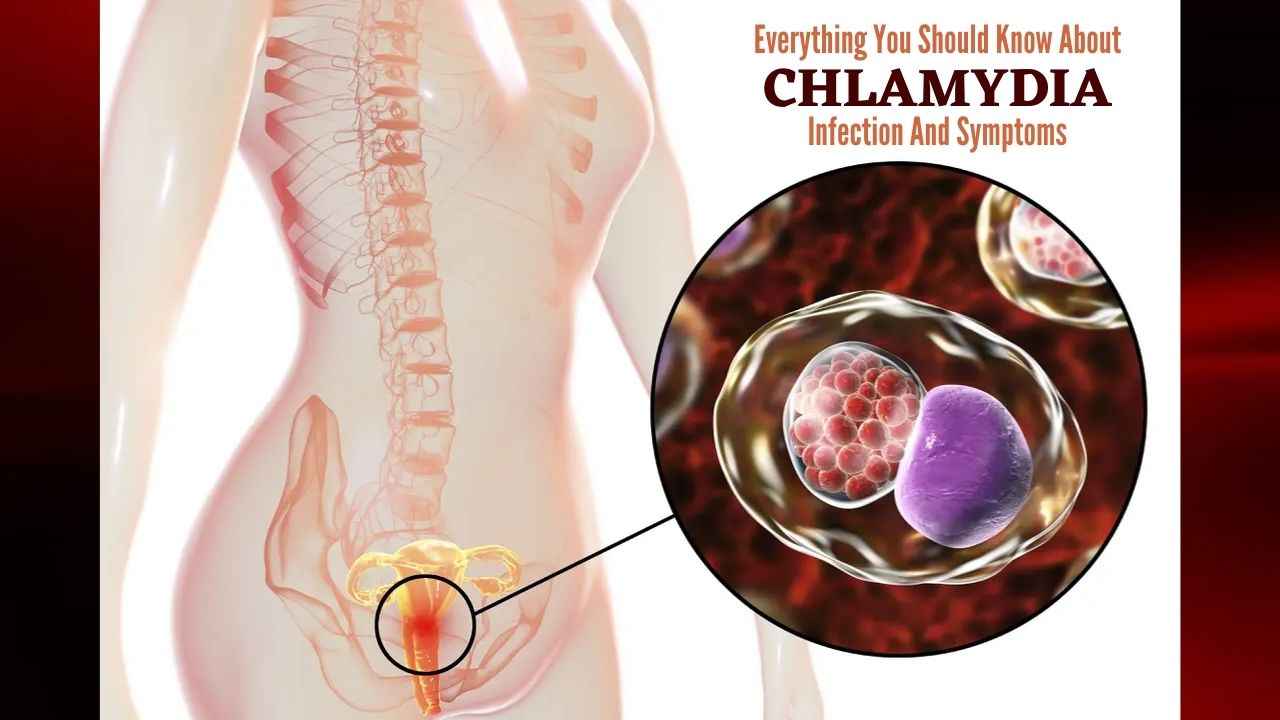Chlamydia Symptoms & Treatment
FAST FACTS
- Chlamydia is a sexually transmitted infection that is normally passed on through sex without a condom or sharing sex toys with someone who has the infection.
- Using male or female condoms and dental dams during sex will help to protect you from getting chlamydia.
- Chlamydia is often symptomless however if left untreated it can lead to long-term health problems.
- Chlamydia is easily treated with antibiotics.
- Chlamydia can be passed on from mother to child during pregnancy, so its important for pregnant women to get tested.
How Do I Test For Chlamydia
You can get tested for chlamydia even if you dont have any symptoms.
Getting tested for chlamydia is easy and doesnt hurt. A healthcare professional will ask for a urine sample and/or take a swab from the area that might be infected. This is usually the lower part of the womb or the vagina for women, and the tip of the penis for men. If youve had anal or oral sex, you may have a swab taken from your anus or throat.
In some countries you can get a self-testing kit to do at home.
If you test positive for chlamydia, its important to tell any recent sexual partner/s so they can also get tested, and treated if necessary. If you need advice about how to do this, speak to your healthcare professional. You should also test for other STIs.
Can You Get Chlamydia From Drinking After Someone
The belief that you can catch chlamydia from drinking after someone is a myth. In reality, theres no risk of catching the infection when sharing food, water, or cutlery.
You can only catch chlamydia during:
- Unprotected vaginal, oral, or anal sex.
- Sharing sex toys.
- Contact with the genitals of an infected partner.
Read Also: Amoxicillin For Chlamydia In Males
Can You Drink Alcohol While Taking Azithromycin For Chlamydia
Yes, you may drink a small amount of alcohol while you are taking azithromycin but there is a chance large amounts of alcohol may increase the gastrointestinal side effects of azithromycin, such as nausea, diarrhea, vomiting, abdominal pain, dyspepsia, or flatulence. Too much alcohol with azithromycin may also give you a headache.
Because azithromycin is usually taken as a one-off dose, drinking alcohol is unlikely to stop azithromycin from curing chlamydia.
Whats The Treatment For Chlamydia

Chlamydia is treated with antibiotics. If you take the treatment according to instructions, its over 95% effective at treating chlamydia.
- Youll be given a course of antibiotics for 3 or 7 days or sometimes up to two weeks.
- If theres a high chance you have chlamydia, treatment may be started before the results of the test are back. Youll always be given treatment if a sexual partner is found to have chlamydia.
- You may also need other treatment if complications have occurred.
- Tell the doctor or nurse if youre pregnant, or think you might be, or youre breastfeeding. This may affect the type of antibiotic youre given.
- Complementary therapies cant cure chlamydia.
Read Also: Can Uti Antibiotics Get Rid Of Chlamydia
Symptoms Can Differ For Men And Women
By and large, most cases of chlamydia are asymptomatic they are picked up by screening, which is why it’s so important to have good screening programs in place, notes Dr. Stoner. Men or women who have chlamydia symptoms may experience painful urination.
Women may also have these symptoms:
- Smelly discharge from the cervix
- Pain during sex
And men may have these symptoms:
- Discharge from the penis
How Can You Be Sure Youre Experiencing A New Bout
Chlamydia is treated with antibiotics, usually azithromycin or doxycycline.
In order to make sure chlamydia is cured, you need to take the full course of antibiotics as prescribed by your doctor. You need to take every single dose dont stop taking the antibiotics until there are none left.
If youve taken all your antibiotics but you still have symptoms, contact your doctor or another healthcare professional.
According to the Center for Disease Control , youll need a follow-up test three months after treatment to ensure that the infection is cured.
There are a few reasons why you might contract chlamydia a second time:
- The initial infection wasnt cured because the course of antibiotics wasnt completed as directed.
- A sexual partner transmitted chlamydia to you.
- You used a sex toy that was contaminated with chlamydia.
A 2014 study suggests that chlamydia can live in the gastrointestinal tract and reinfect the genitals, causing chlamydia symptoms to reappear after the genital infection went away.
However, this study only looked at animal models of chlamydia. Research on human participants is needed.
The symptoms of chlamydia typically disappear once you finish your antibiotics. This can vary in time, as some chlamydia antibiotic courses are one dose taken on one day, while others last longer.
Recommended Reading: Is Chlamydia And Gonorrhea The Same
How Long Does Chlamydia Last
If you believe youve been exposed to chlamydia, even if you dont have any symptoms, the first thing you should do is get tested. And if your chlamydia test is positive, be confident that you are doing the right thing.
Being tested means that you can be treated, and the proper treatment will help clear up a chlamydial infection in a matter of weeks.
On the other hand, if you dont get tested or dont see a healthcare provider for treatment, chlamydia can live in the body for weeks, months, or even years without being detected.
This can lead to long-term complications, including infertility.
Read on to learn what chlamydia is, how it spreads, the symptoms, and when symptoms typically show.
Ill also explain how long chlamydia lasts, what happens if it goes untreated, how long you have to wait to have sex after an infection, and if you can become immune to chlamydia.
Is Azithromycin Better Than Doxycycline At Curing Chlamydia
STD guidelines still favor azithromycin over doxycycline for the treatment of chlamydia. This is because of the following reasons:
- Cure rates of azithromycin and doxycycline are similar, 97% and 98-100% respectively, according to a meta-analysis of 12 trials.
- Azithromycin is given as a single dose, doxycycline needs to be given for seven days, either as a once-daily or twice-daily dose.
- The dose of azithromycin can be easily supervised if need be it is much harder to supervise seven days of once daily or twice daily doxycycline treatment
- People are more likely to take a single dose of azithromycin than finish a seven-day course of doxycycline.
Recently, some reports have suggested that doxycycline may be more effective than azithromycin, particularly when medication adherence can be assured. There is also some concern that azithromycin may not be as effective for anogenital chlamydial infections.
Don’t Miss: Having Chlamydia While On Your Period
If I Have Chlamydia Am I At Risk Of Other Sexually Transmitted Infections
Yes. By definition, having unprotected sex means risk of STI. As well as chlamydia, there are also genital warts, genital herpes, gonorrhoea, HIV, pubic lice, and syphilis. Like with chlamydia, gonorrhoea may well cause no symptoms, so being tested is the only way to really know. This can be done at your local sexual health clinic.
Read Also: Is Chlamydia And Hiv The Same
Youre Not Immune To Chlamydia Once Youve Had It
Once youve had some diseases, you cant catch them again. Unfortunately, this isnt true for chlamydia. Repeat chlamydia infections are common.
If youve had chlamydia in the past, you have no immunity against the infection. If youre sexually active with somebody who has the infection, you could catch it again. Since reinfection is common, you should get tested for chlamydia about three months after being treated for the infection.
You May Like: Is There A Test For Chlamydia
How Do You Get Chlamydia
Chlamydia is usually passed on through unprotected vaginal, anal or oral sex.
Chlamydia can be passed on through genital contact. This means you can get chlamydia from someone who has the infection if your genitals touch, even if you dont have sex or ejaculate .
You can also get chlamydia if you come into contact with infected semen or vaginal fluid, or get them in your eye.
Chlamydia cant be passed on through kissing, hugging, sharing towels or using the same toilet as someone with the infection.
How Do You Prevent Chlamydia

Using a new male or female condom or dental dam every time you have sex is the best way to protect against chlamydia.
Chlamydia can be passed on by sharing sex toys. Always cover sex toys with a new condom and wash them after use to reduce your risk of getting chlamydia and other STIs.
Its important to regularly test for chlamydia, even if you dont have any symptoms, especially if youve had multiple sexual partners.
The contraceptive pill and other types of contraception wont prevent you getting chlamydia, and neither will PrEP.
Dont Miss: How Fast Can Symptoms Of Chlamydia Show
Don’t Miss: Does Chlamydia Make You Poop A Lot
How Can I Tell My Partner Will They Think Ive Cheated On Them
You may feel embarrassed, scared or angry. However it is important and respectful to let your partner know as soon as possible so they can get tested and treated. Remember that chlamydia often has no symptoms, so a diagnosis doesnt necessarily mean the infection was caught recently. You may not be sure when you were exposed. Many people are surprised how supportive their partner is, and how they appreciate being confided in.
I Was Treated For Chlamydia When Can I Have Sex Again
You should not have sex again until you and your sex partner have completed treatment. If your doctor prescribes a single dose of medication, you should wait seven days after taking the medicine before having sex. If your doctor prescribes a medicine for you to take for seven days, you should wait until you have taken all of the doses before having sex.
Don’t Miss: How Soon Can Chlamydia Be Detected
Chlamydia Can Return Even After Antibiotic Treatment Because It Survives In The Stomach
Chlamydia, the most common sexually transmitted infection and often a symptom-less one, can usually be treated with antibiotics effectively. But new research shows that oftentimes chlamydia can return with a vengeance, even after treatment.
Research out of the Arkansas Childrens Research Institute has found that if chlamydia survives in the persons stomach, even after it has been cleared away from the genitals by antibiotics, it can re-infect the person.
It is possible that women, cured of genital infection by antibiotics, remain infected in the gastrointestinal tract and can become re-infected by auto-inoculation from that site, Roger Rank, the lead author of the study, wrote.
Though their study was completed in mice, the scientists believe it can be related to humans as well. People who have undergone treatment for chlamydia may still be able to infect others, or re-infect themselves, through oral or anal sex.
In a small percentage of recurrent infections, Rank said, infection cannot be attributed to reinfection from a partner or treatment failure so it would appear that in these cases, the organism has remained persistent in the individual. Based on the studies in animals and the experimental mouse model studies and evidence for gastrointestinal infection in humans, we propose that chlamydiae shed in the GI tract may infect the genital tract via auto-inoculation.
How Long Does It Take For Chlamydia To Disappear
Chlamydia typically goes away within 1 to 2 weeks. You should avoid sex during this time to prevent transmitting the disease. Your doctor may prescribe a one-dose medication or a medication youll take daily for about a week. If they prescribe a one-dose pill, you should wait 7 days before having sex again.
Dont Miss: When Do You Get Tested For Chlamydia
Also Check: How To Test For Chlamydia Female
How Long Does It Take For Chlamydia To Go Away After Taking The Medicine
In most cases, chlamydia disappears within one to two weeks. During this time, you should avoid sex in order to prevent the spread of the disease. It is possible for your doctor to prescribe a one-dose medication or a medication you will take every day for about a week. It is recommended that you wait 7 days before having sex again if you are prescribed a one-dose pill.
Does Chlamydia Go Away
The dangers of sexually transmitted viruses are increasing day by day and people these days are more in fear about how they can stay safe. Chlamydia is one of the common names in the list of sexually transmitted infections and most of its cases are reported in North America.
It can affect males as well as females still the cases for female Chlamydia are reported more in number. It demands immediate attention because if left untreated then it leads to painful troubles or may cause severe health issues like pelvic pain, testicles or women can even face infertility.
Most of people throughout this world are not familiar with the disease and its symptoms and when they hear its name for the first time they often get into worry about does Chlamydia go away on its own.
The fact is, it can go away but only if you follow right guidelines and medications as suggested by professionals. But first of all it is important to educate yourself about the disease so that you can understand its symptoms and make efforts to keep yourself safe for longer run.
Don’t Miss: Chlamydia Treatment Pills At Walmart
Making The Diagnosis For Chlamydia
Once you go to visit the doctor, he will use cotton swab to collect Chlamydia bacteria samples from different parts of your body like urethra, rectum or cervix. The diagnosis may also demand 1st urine sample from first urination of the day.
All the samples are processed in a lab setup and careful reports are compiled. Here is one important thing to know that in case if you find your reports Chlamydia positive then never forget to let your partner know about this disease and get them tested too. There are more chances that the bacteria might have taken its path to your partners body via last intercourse.
When Can I Have Sex Again

If you had doxycycline, you shouldn’t have sex including vaginal, oral or anal sex, even with a condom until both you and your partner have completed treatment.
If you had azithromycin, you should wait 7 days after treatment before having sex .
This will help ensure you don’t pass on the infection or catch it again straight away.
You May Like: How Do I Know My Chlamydia Treatment Is Working
Does Azithromycin Also Cure Chlamydia
Azithromycin was the first choice antibiotic to treat chlamydia until February 2019 when BASHH guidance was issued recommending a 7-day course of doxycycline as the first choice treatment based on recent data. Azithromycin is now recommended only for pregnant women and those with an allergy to doxycycline.
What Happens After Taking Chlamydia Pills
The following side effects may occur when you take this medication: diarrhea, nausea, abdominal pain, headaches, and vomiting. There is nothing serious about these types of events. If you throw up within an hour, you will need to go to a clinic or a doctor to get more medicine because the medicine did not have time to work properly.
Recommended Reading: How Soon Can You Feel Symptoms Of Chlamydia
Chlamydia Is Only Contagious From Person To Person
You can only get chlamydia by having intimate sexual contact with an infected person, not from casual contact, touching another persons clothing, or consuming contaminated food or water.
The chlamydia organism lives only in human cells and cannot be transmitted by external contact, such as towels or toilet seats, Schaffir says.
What Happens If Chlamydia Isn’t Treated
Only some people who have chlamydia will have complications. If chlamydia is treated early, its unlikely to cause any long-term problems. But, without proper treatment, the infection can spread to other parts of the body. The more times you have chlamydia the more likely you are to get complications.
- If you have a vulva, chlamydia can spread to other reproductive organs causing pelvic inflammatory disease . This can lead to long-term pelvic pain, blocked fallopian tubes, infertility and ectopic pregnancy .
- In people with a vulva, chlamydia can also cause pain and inflammation around the liver, though this is rare. This usually gets better with the correct antibiotic treatment.
- If you have a penis, chlamydia can lead to infection in the testicles. If this isnt treated, theres a possibility it could affect your fertility but more research is needed to understand how likely this is.
- Rarely, chlamydia can lead to inflammation of the joints. This is known as Sexually Acquired Reactive Arthritis and is sometimes accompanied by inflammation of the urethra and the eye. This is more likely to occur in people with a penis than people with a vulva.
Don’t Miss: What Should I Do If I Have Chlamydia
Can Chlamydia Come Back On Its Own
For those who have been treated for chlamydia, its probably not time to freak out just yet. Reemergence is rare, and when chlamydia does come back, its still treatable. But if they do wind up with a repeat case, it might not be time to blame your partner for cheating just yet.